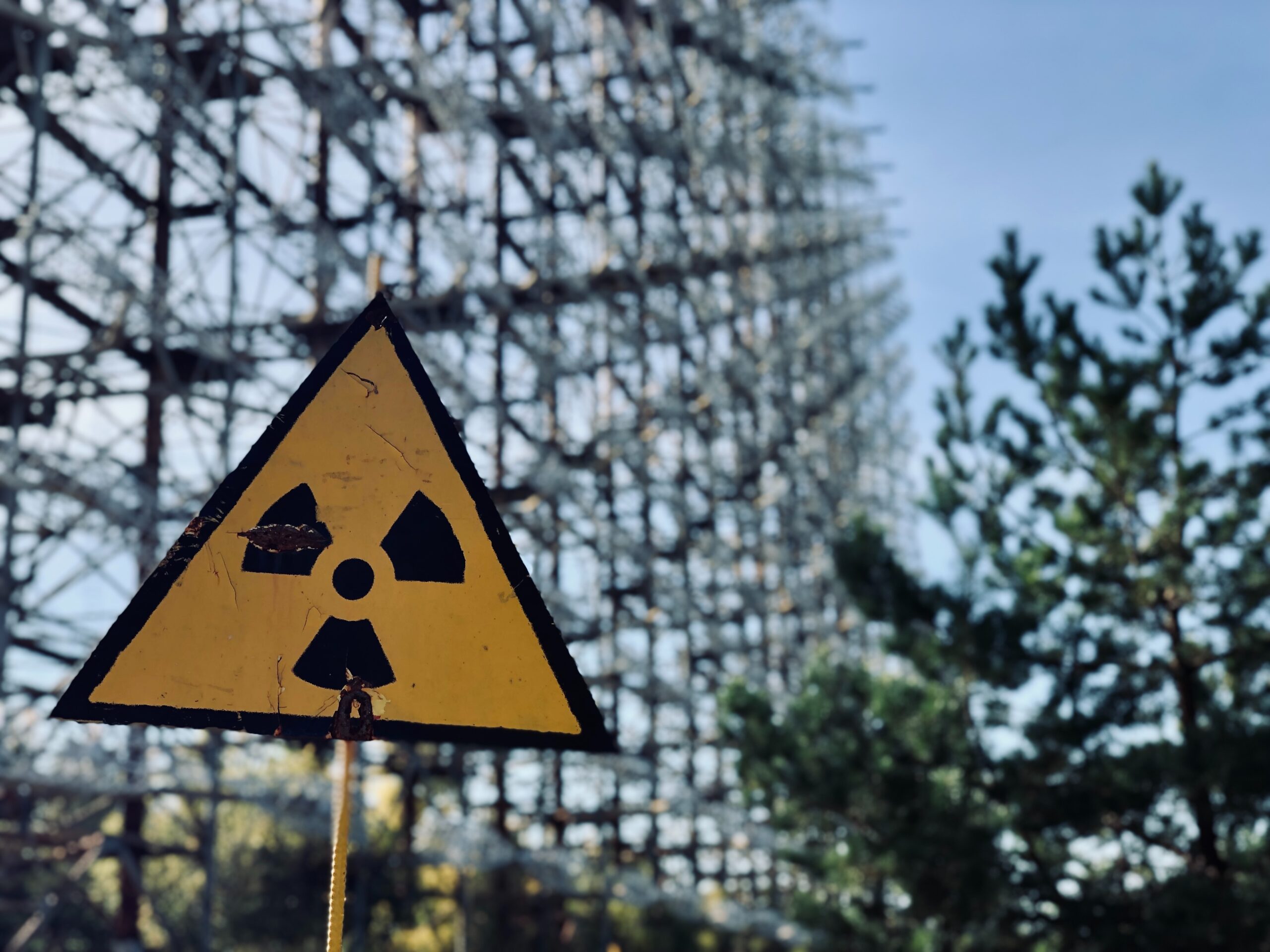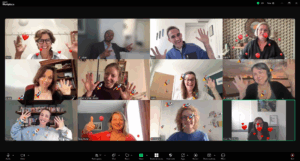Combating Toxic Behaviour in the Workplace: The Vital Role of Team Coaching
In today’s fast-paced and highly competitive work environments, building strong working relationships among team members is crucial for success. However, toxic behaviour can cast a dark shadow over even the most talented and skilled teams. It erodes trust, diminishes morale, and hampers productivity. In this blog, we will explore how toxic behaviour affects working relationships and why team coaching is essential for combatting such behaviours and fostering a healthier workplace culture.
The Impact of Toxic Behaviour on Working Relationships
Trust Erosion
Toxic behaviour, which includes actions like bullying, harassment, gossip, and undermining, chips away at trust within a team. Trust is the foundation of any successful working relationship. When trust is compromised, it becomes challenging to collaborate effectively.
Decreased Moral
Toxic behaviour saps the morale of team members. When individuals feel they are working in a hostile or negative environment, they are less likely to be engaged, motivated, or happy at work. Low morale can lead to reduced productivity and higher turnover rates.
Stifled Communication
Toxic behaviours often create a climate of fear and apprehension. Team members become hesitant to voice their opinions, ideas, or concerns for fear of retaliation or ridicule. Effective communication, a cornerstone of productive teamwork, is stifled.
Conflict Escalation
Toxic behaviours fuel conflicts within the team. Unresolved conflicts can escalate, leading to even more toxic behaviour and a hostile work atmosphere. This can result in a team that is dysfunctional and unable to achieve its goals.
Negative Role Modelling
Toxic individuals can set negative examples for others. When one team member engages in toxic behaviour without consequence, it may encourage others to do the same. This can lead to a downward spiral of negativity.
Why Team Coaching is Essential for Combatting Toxic Behaviours
Awareness and Recognition
Team coaching provides a structured platform for team members to become aware of and recognize toxic behaviours. It encourages open and honest discussions about the issues that are affecting the team.
Conflict Resolution Skills
Through team coaching, team members can develop essential conflict resolution skills. They learn how to communicate effectively, actively listen, and empathize with others. These skills are invaluable in addressing and resolving conflicts constructively.
Setting Norms and Expectations
A team coach can guide the team in establishing clear norms and expectations for behaviour. This includes defining what constitutes toxic behaviour and outlining the consequences for engaging in such behaviour.
Building Trust
Team coaching sessions often include trust-building exercises and activities. This helps rebuild trust among team members, creating a more positive and cohesive work environment.
Individual Coaching
In some cases, team coaching involves individual coaching for team members who exhibit toxic behaviours. This one-on-one coaching can help individuals understand the root causes of their behaviour and work on personal growth and development.
Conflict Prevention
Team coaching helps teams develop strategies to prevent toxic behaviours from occurring in the first place. By improving team dynamics, clarifying roles and responsibilities, and fostering a culture of respect and collaboration, teams can reduce the likelihood of toxic behaviours emerging.
Leadership Development
Toxic behaviours can sometimes be linked to poor leadership. Team coaching may also involve coaching leaders to become more effective in managing their teams, leading by example, and creating a positive work environment.
Feedback and Evaluation
Team coaching includes regular feedback and evaluation of progress. This allows the team to measure their improvement in addressing toxic behaviours and make adjustments as needed.
Toxic behaviours have far-reaching consequences on working relationships and overall team performance. Team coaching emerges as a vital tool in combating toxic behaviours and fostering a more positive workplace culture. Team coaching helps teams overcome toxic behaviours and create an environment where collaboration, productivity, and employee well-being can thrive by promoting awareness, developing conflict resolution skills, and building trust. Investing in team coaching is an investment in the future success of your organisation.






